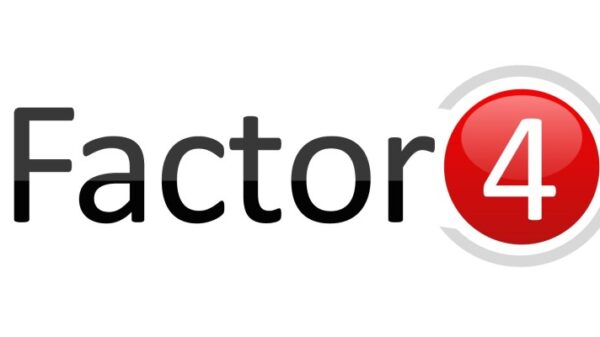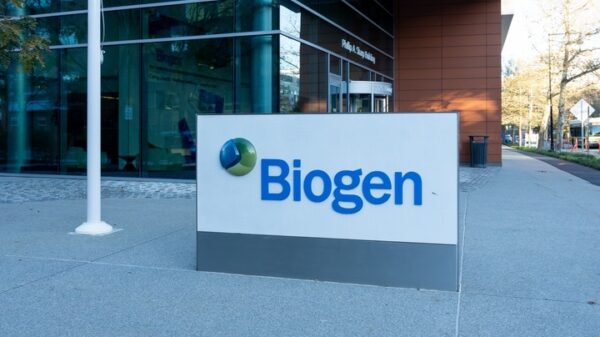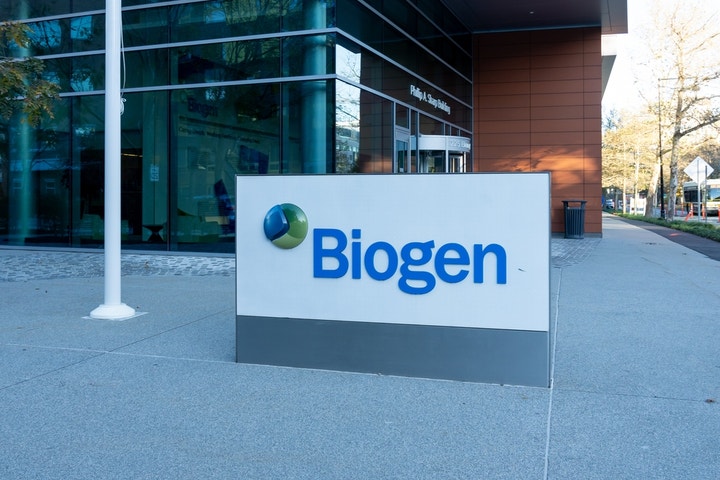Biogen Inc. CEO Chris Viehbacher has indicated that a successful Alzheimer’s trial for Novo Nordisk A/S’s weight-loss drug could not only complement his company’s treatment efforts but also pave the way for innovative combination therapies. In a recent interview with Bloomberg News, Viehbacher emphasized the potential of integrating various therapeutic approaches, akin to treatments for other complex diseases that necessitate multiple drugs with distinct mechanisms.
Novo Nordisk is currently conducting clinical trials to assess whether semaglutide, the active ingredient in its diabetes medication Ozempic and weight-loss injection Wegovy, could slow the progression of early Alzheimer’s disease. Some preliminary research suggests that semaglutide may help by reducing inflammation and enhancing vascular health. The results from these late-stage studies are anticipated later this year.
Viehbacher acknowledged the growing body of evidence linking excess weight to an increased risk of Alzheimer’s. Despite this, he referred to Novo’s initiative as “a fairly risky proposition,” as many experts remain doubtful about the efficacy of this approach. He stated that Biogen “might” explore the possibility of testing its Alzheimer’s treatment, Leqembi, alongside Novo’s therapy if the trial outcomes are promising. However, he also noted the challenges posed by the lengthy timelines associated with Alzheimer’s research.
Potential for Combination Therapies
The prospect of combining treatments for Alzheimer’s is particularly intriguing given the complexity of the disease. Viehbacher’s comments highlight a shift towards a more integrated approach to tackling Alzheimer’s, which has long been viewed as a multifaceted condition requiring diverse strategies.
Novo Nordisk’s semaglutide has already demonstrated efficacy in reducing symptoms related to heart failure in individuals with obesity, whether or not they also have type 2 diabetes. The drug gained Food and Drug Administration (FDA) approval for expanded use in March 2024, marking a significant milestone in preventive health strategies. This approval aims to mitigate risks associated with major adverse cardiovascular events (MACE), including cardiovascular death, nonfatal heart attacks, and nonfatal strokes.
In December 2024, Eli Lilly and Co.’s weight-loss drug Zepbound also received FDA approval for the treatment of sleep apnea, reflecting an ongoing trend of innovation in weight management therapies. These developments indicate a broader recognition of the interconnectedness between obesity and various health conditions, including Alzheimer’s.
As these dynamics unfold, the healthcare community is keenly observing how advancements in weight-loss treatments might influence the landscape of Alzheimer’s therapies. The potential for improved patient outcomes through combination therapies presents an exciting avenue for future research and treatment strategies.
The coming months will be crucial as both Novo Nordisk and Biogen navigate their respective trials and explore the implications of their findings. With Alzheimer’s disease affecting millions globally, any positive developments in treatment could represent a significant breakthrough in enhancing the quality of life for patients and their families.



































































